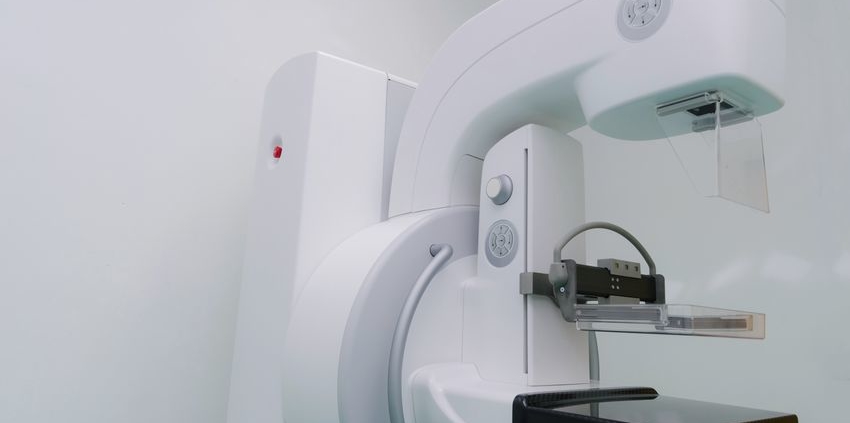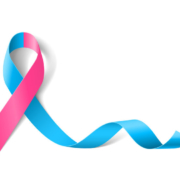6 October 2015
As we’ve learned more about tumor biology, and as our treatments have improved, the question of whether or not early detection is still important has been raised. Tumor stage has historically been the most important factor in determining overall prognosis. The earlier cancer is detected, the better the survival rates. As we’ve gained a better understand the various breast cancer subtypes, we’ve learned that some patients with early stage breast cancer have a poor survival rate, and some patients who are diagnosed at later stages do quite well. This is the effect of tumor biology. Stage has to do with tumor size and whether or not there has been spread to the lymph nodes or other areas of the body. Tumor biology reflects just what are those little cells up to – do they have innately indolent or aggressive behavior.
In recent years, because of the increased knowledge of the importance of tumor biology, there has been much discussion regarding the value of screening mammography as well as cancer overdiagnosis and overtreatment. If tumor biology is king, then does the stage of diagnosis really matter?
A study recently published in the British Medical Journal concludes that tumor stage is still important. Dr. Sepideh Saadatmand and colleagues tapped into the Nationwide Netherlands Cancer Registry. They evaluated data from the registry focusing on female breast cancer patients diagnosed between 1999-2005 and 2006-2012. Nearly 174,000 cases were analyzed.
They demonstrated a 17% increase in the diagnosis of breast cancer between the 2 time periods, some of which they proposed was related to an aging society, as increasing age is associated with breast cancer development. They found that in women treated during 2006-2012, tumors were smaller, less likely to be associated with positive lymph nodes, and were of lower grade. These women were also more likely to be treated with chemotherapy, hormonal therapy, and targeted therapy. Significant findings were that regardless of what year the patients received treatment, patients with increasing tumor size (in patients with tumors larger than 1cm) and those with positive lymph nodes had a worse prognosis. Limitations of the study include: 1.) Follow up for the 2nd group of patients is relatively short, and 2.) As this was a database analysis, information about other medical conditions that may impact use of screening as well as overall mortality was not available.
The goal of breast cancer screening is to detect tumors in earlier stages, which should lead to improved survival rates. In an editorial accompanying the BMJ study, Dr. Harold Burstein from the Dana Farber Cancer Institute in Boston noted that screening mammography rates in the Netherlands approaches 80% and he attributes a high rate of screening as well as coordinated multidisciplinary care to their improved survival rates. It’s not time to give up on screening mammography and early detection just yet. But it’s also important to realize that early detection may not always lead to improved survival, due to the effects of tumor biology.






